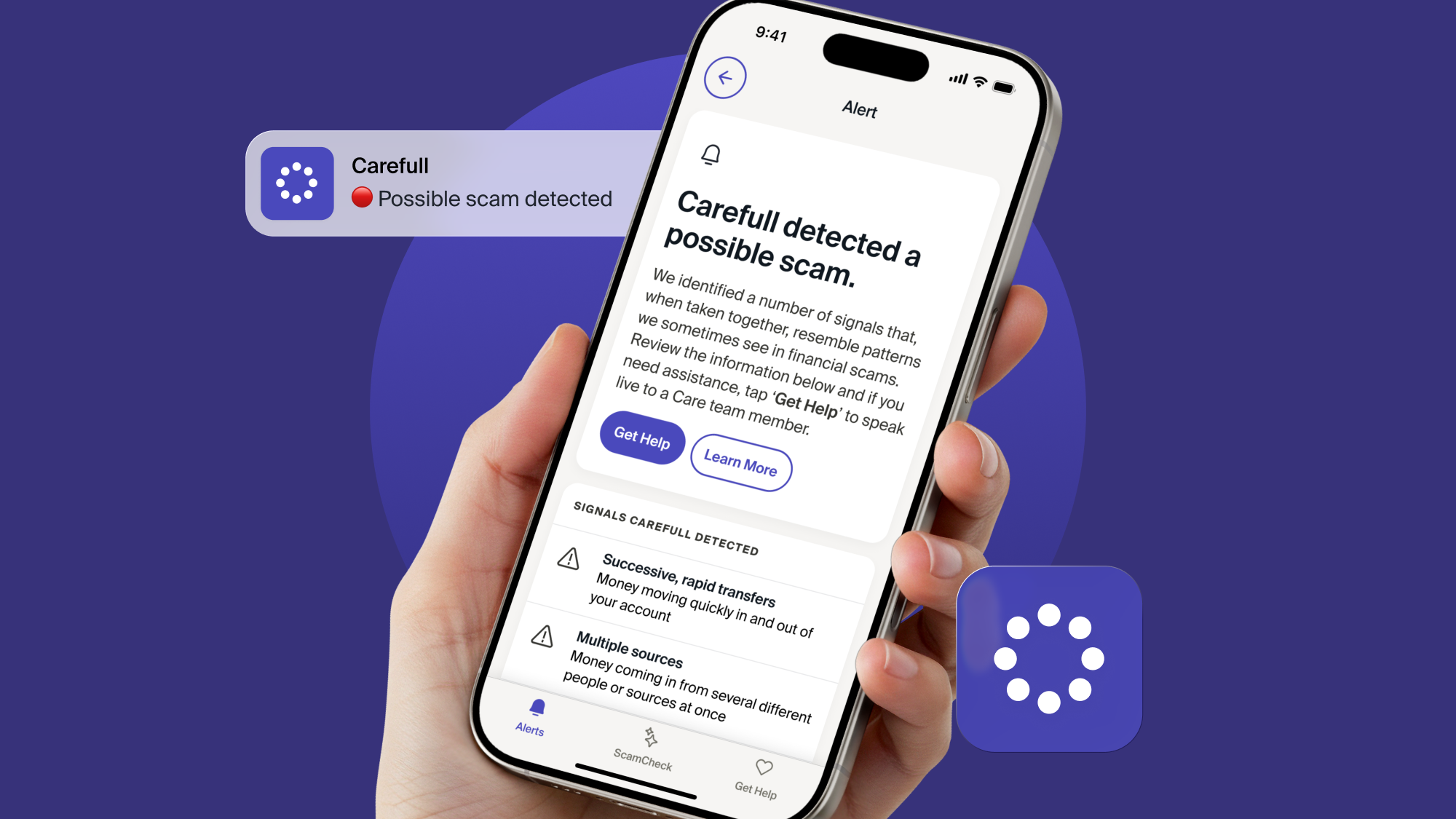How to Protect Customers and Clients with Cognitive Decline

Two new studies show that there could be a role for financial institutions and wealth managers to play in helping spot the early signs of cognitive decline.
The studies found that an overwhelming number of cases of cognitive impairment are not diagnosed early enough. Delayed diagnoses represent a missed opportunity for individuals and their families to consider measures to increase financial safety and security, according to the authors of one of the studies.
Clearly, financial industry professionals aren’t qualified to diagnose cognitive impairment. However, they have incentives to take proactive steps to increase financial safety for clients and customers who experience undiagnosed cognitive decline.
For starters, older adults are the most valuable customers. Americans born before 1965 hold 65% of bank deposits in the U.S., according to the American Bankers Association. And 27% of all U.S. wealth—$35 trillion in assets—is held by Americans 70 and older, according to Federal Reserve data. Financial institutions and wealth managers who aren’t taking every possible step to protect this massive asset base would be making a mistake.
More importantly, they would be missing an opportunity to build trust—not only among older customers but also with their younger family members who could become customers—by not putting systems in place to catch money mistakes that could be early warning signs of cognitive decline.
Findings of the new studies
In the first study, published in Alzheimer’s Research and Therapy, researchers at University of Southern California, Harvard Medical School and Genentech found that only 7.9% of expected mild cognitive impairment (MCI) cases were diagnosed among Medicare beneficiaries from 2015 to 2019. This estimate suggests that about 7.4 million Medicare beneficiaries 65 and older live with undiagnosed MCI, and another 3 million Americans between the ages of 50 and 64 have undiagnosed MCI.
In the second study, published in The Journal of Prevention of Alzheimer’s Disease, the same team of researchers looked at MCI detection rates among 226,756 primary care physicians and found that only about 8% of expected cases were actually diagnosed. Nearly all physicians—99.9%—had a significantly lower diagnosis rate than the expected rate.
Previously published studies have found that Alzheimer’s disease and related dementias often can be diagnosed in the wallet before in a doctor’s office.
According to research published in the Journal of the American Medical Association, those with Alzheimer’s disease and related dementias were more likely to miss bill payments up to six years before a diagnosis compared with healthy adults. And researchers at the University of Alabama found that those with mild cognitive impairment had trouble managing checkbooks and bank statements, in addition to staying on top of bills.
What the findings mean for the financial industry
If cognitive decline is largely going undiagnosed in the early stage, small financial mistakes made as a result of memory loss could easily go undetected. Without intervention, those small mistakes could balloon into big problems that could derail fine-tuned financial plans by wealth managers and hurt the well-being of their clients.
Even more troubling is the threat of financial exploitation. Those with cognitive decline are at even greater risk of being exploited because their ability to spot threats is compromised, according to research by Dr. Nathan Spreng, professor of neurology and neurosurgery at McGill University. The onus to detect when vulnerable adults are being taken advantage of is increasingly falling on financial institutions, broker-dealers and investment advisers as more and more states enact laws mandating the reporting of elder financial exploitation.
The challenge is detecting financial mistakes and signs of fraud early enough. Not only will this help financial institutions and wealth managers retain the large asset base of these valuable customers, but it can also drive engagement with older adults’ younger family members who will get involved in aging loved ones’ financial matters when cognitive decline is detected and diagnosed.
The solution
New technology has been developed to detect risks and behaviors specific to the aging population. Carefull’s financial safety platform was created to help catch money mistakes that are common to older adults through financial account, credit and identity monitoring. Not only does Carefull’s smart monitoring technology identify late and missed payments, but also it determines what is normal behavior to catch changes that can be early warning signs of cognitive decline, such as:
- Out-of-character purchases, transfers and withdrawals
- Changes in geographic radius of purchases (shorter distances traveled can indicate issues with navigation/getting lost)
- Increased charitable or political contributions
- Swings in pharmacy spending
- Reduced or increased spending
In addition to money mistakes, Carefull detects and alerts users to unusual transactions and signs of fraud. For example, Carefull recently helped a customer at one of the banks it partners with—The Cooperative Bank (TCB) in Boston—identify fraudulent checks, including one written for $40,000.
The Carefull platform also has a built-in option for users to add trusted contacts to their accounts, including an ability to grant varying levels of view-only permissions. This makes it easier for financial institutions and wealth managers to ensure that their customers’ and clients’ trusted contacts are informed about any potential suspicious activity. And it provides an opportunity to connect with those contacts and potentially bring them in as new customers.
More importantly, Carefull was designed for easy adoption by financial institutions and wealth managers. It can be integrated with Q2 so that customers at banks and credit unions can instantly activate Carefull’s monitoring across their accounts. And the Carefull Pro platform allows wealth managers and advisors to provide the Carefull service to clients in five minutes or less.
To learn more about how Carefull’s smart money monitoring can help catch senior-specifc money mistakes and signs of fraud, get in touch with the Carefull team.

3 Steps to Safer Money,
Try it Free for 30 Days
Step 1
Start your free,
no-risk trial
Step 2
Connect the accounts and cards you want protected
Step 3
Stay alerted to any
unusual activity







